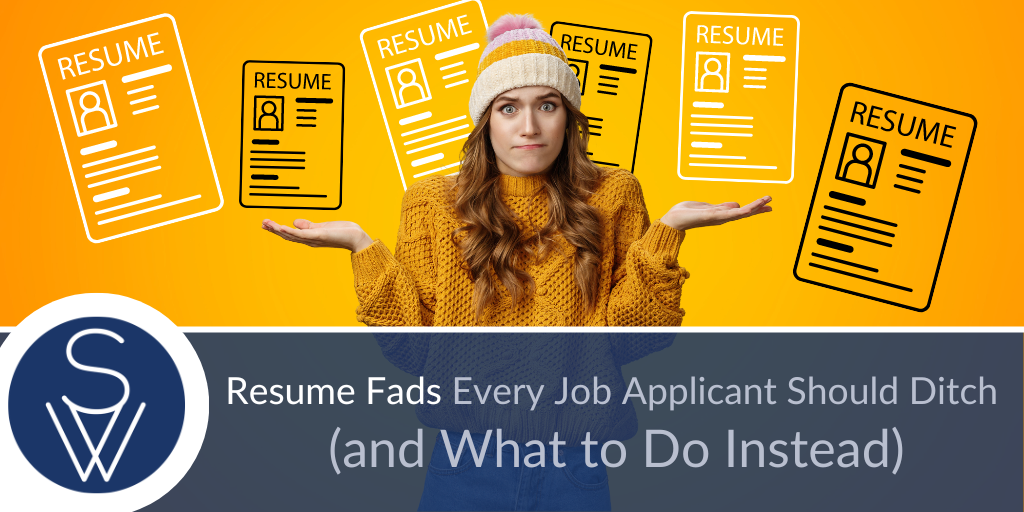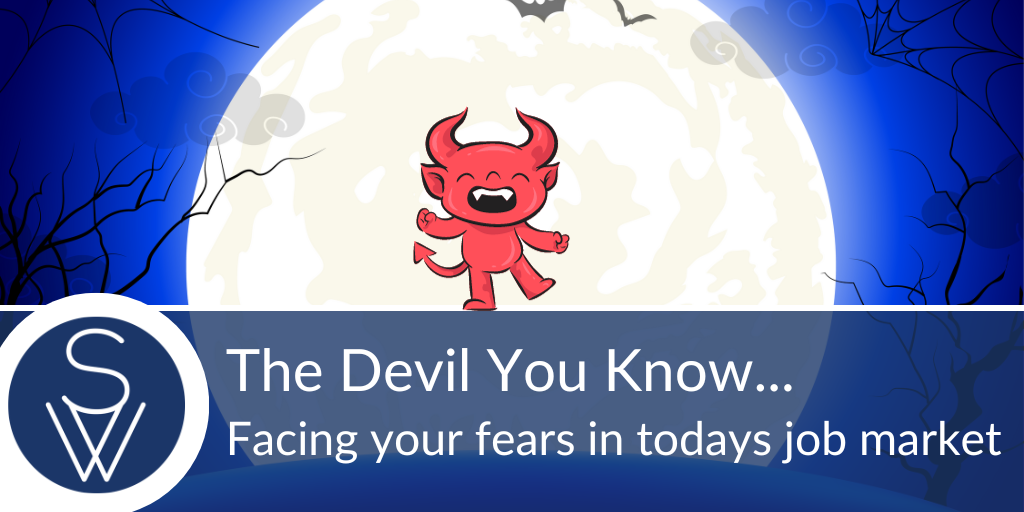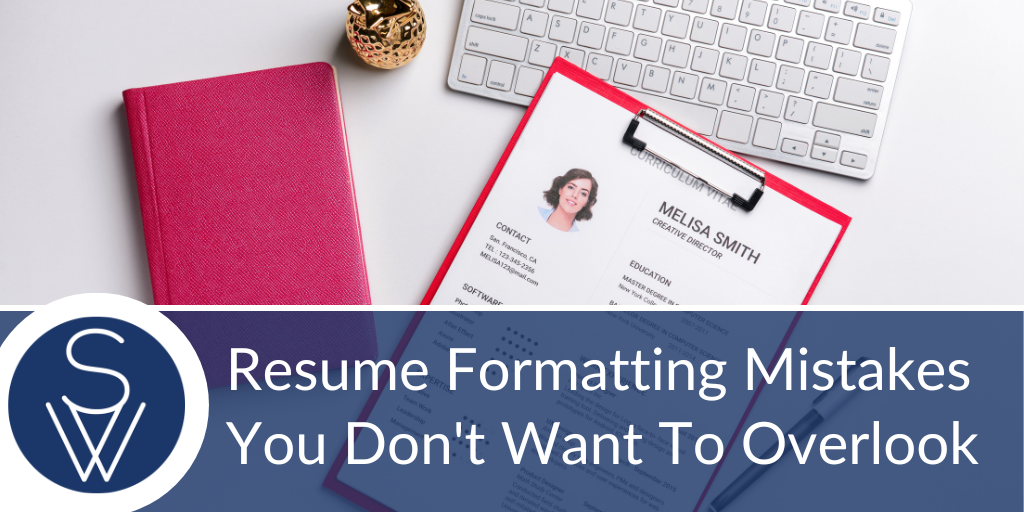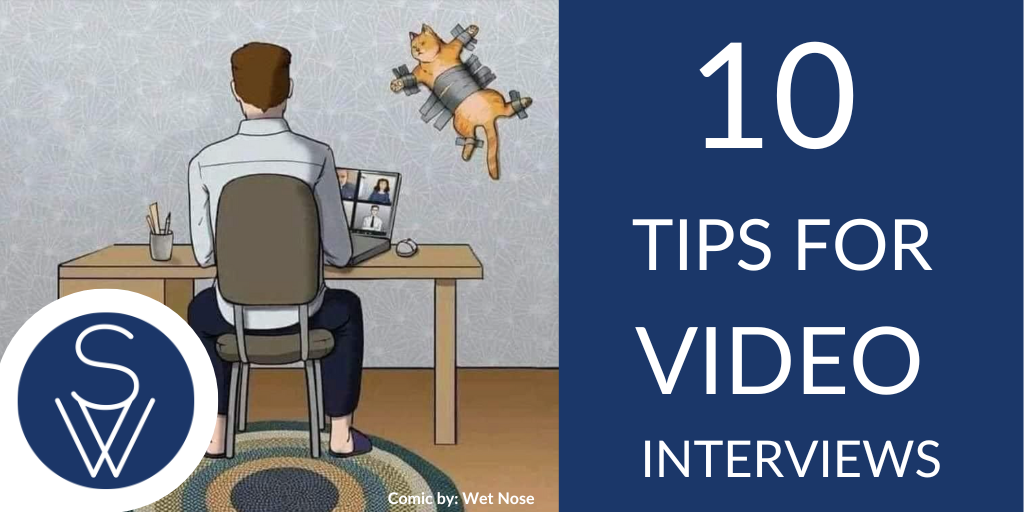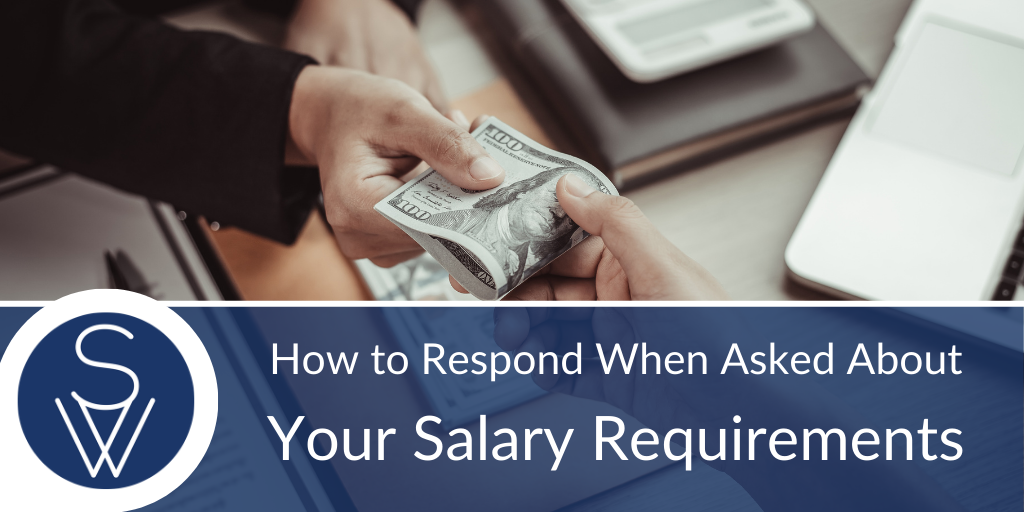A well-crafted resume can be a job applicant’s powerful early advocate to employers and executive recruiters. More than a list of job titles and educational achievements, your resume must be carefully curated to make the first cut of the employer's Applicant Tracking System (ATS) and then catch the attention of hiring managers, headhunters, and human resources professionals. When written well, it showcases you, putting a spotlight on your most relevant qualifications and the value you bring, persuasively driving a narrative about how well your abilities align with the job for which you're applying. Wield it smartly and your resume can dramatically increase your chances of landing an interview and, ultimately, the job.
Resume Fads Every Job Applicant Should Ditch (and What to Do Instead)
Undervalued & Underpaid? 7 Essential Steps To Asking For A Raise
How long has it been since you last had a raise at work? We know from experience that companies are slow to increase remuneration levels, even with the increased signs of life in the employment market. If you feel undervalued, underpaid and long overdue a raise, don’t rush in all guns blazing. Take a deep breath and consider our advice below:
5 Reasons To Keep Up Your Job Search In The Holidays
For most jobseekers, December is traditionally written off on the assumption that employers delay filling new vacancies until the New Year hangover has worn off.
That’s a myth.
At SkyWater, December is frequently one of our best months for placing candidates and our hiring activity continues throughout the holiday season. Don’t put the brakes on your job search. For candidates, the holiday season is the perfect time to secure that elusive job offer and end the year on a professional high. Here’s why:
A Halloween Challenge
Earlier this quarter, as we were finalizing our 2024 Salary Guides, we reflected on an emerging theme among candidates – and some hiring managers: a sense of worry about next year. Maybe, they suggest, this isn’t the time to take that job they’ve always wanted, or fill that position that’s gone unfilled for months. Maybe it would be safer to stick with what they’ve got until the dust settles... and things get "back to normal.”
Even in our state’s sustained, historic low unemployment, a small wave of layoffs has been disrupting the lives of a growing number of Minnesotans. If it happens to you, take these 6 smart steps next.
Resume Formatting Mistakes You Don't Want To Overlook
As an executive recruiter, I see 100s of resumes a month. I understand that, especially in a candidate's market, some job seekers may not feel that they need to take the time to proofread their resumes and check for formatting mistakes. However, submitting a resume that isn't formatted well is a sloppy move, and doesn't put your best foot forward.
Video interviews are commonplace in today's hybrid work economy. If you're interviewing for a role, you may find yourself attending an interview that is conducted over Zoom, Microsoft Teams, Google Meet, or others. The mistake job seekers often make is to treat the video interview less seriously than an interview that takes place in an employer’s office. The next time you are invited to a video interview follow these tips:
Congratulations, you’ve been invited for an interview! That means the employer has seen something in your resume that matches the requirements of the job you’ve applied for. The next step is to build on that initial impression during your interview. Attending your first interview can be a nerve-wracking experience, so we’ve put together our five golden rules to help reduce your anxiety levels:
How to Respond When Asked About Your Salary Requirements
The interviewer asks, point blank, “What is your salary requirement?” And there you are, trying to present yourself as forthright, easy to work with, and clear about what you need. It’s a tricky business, refusing to answer without looking rude, unprepared, or both. With thoughtful preparation, a little online homework, and careful scripting, you can navigate your way through these discussions masterfully.
Time For A Change? 8 Reasons For Leaving Your Job
2023 is set to see an increase in employee turnover with at least three-quarters of the American workforce actively pursuing alternative employment. It’s a trend that is expected to continue for the foreseeable future, but as a candidate, how do you know when it’s time for a change?
These are some of the reasons we hear most frequently at SkyWater in no particular order (and it’s not all about the money):

